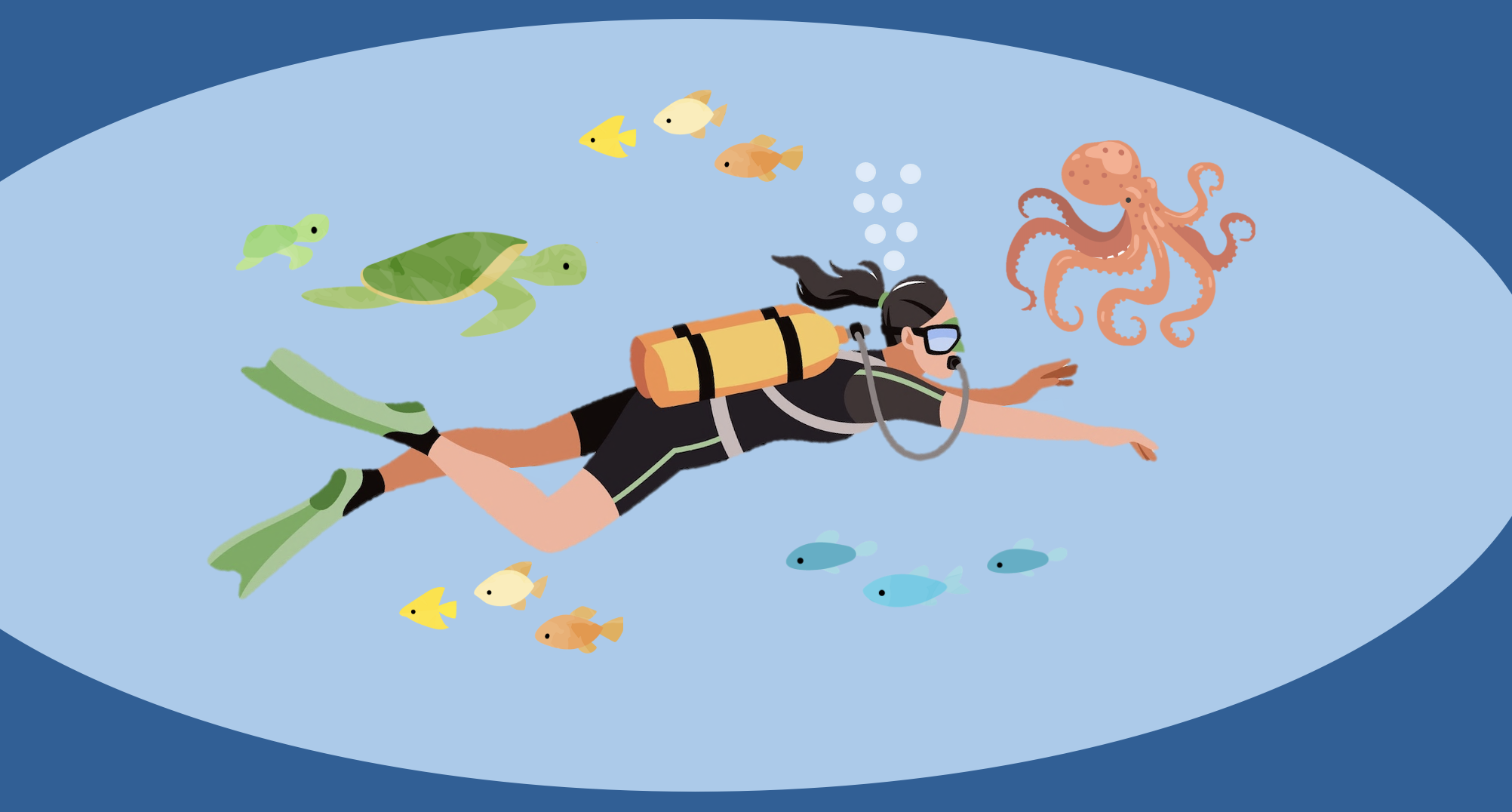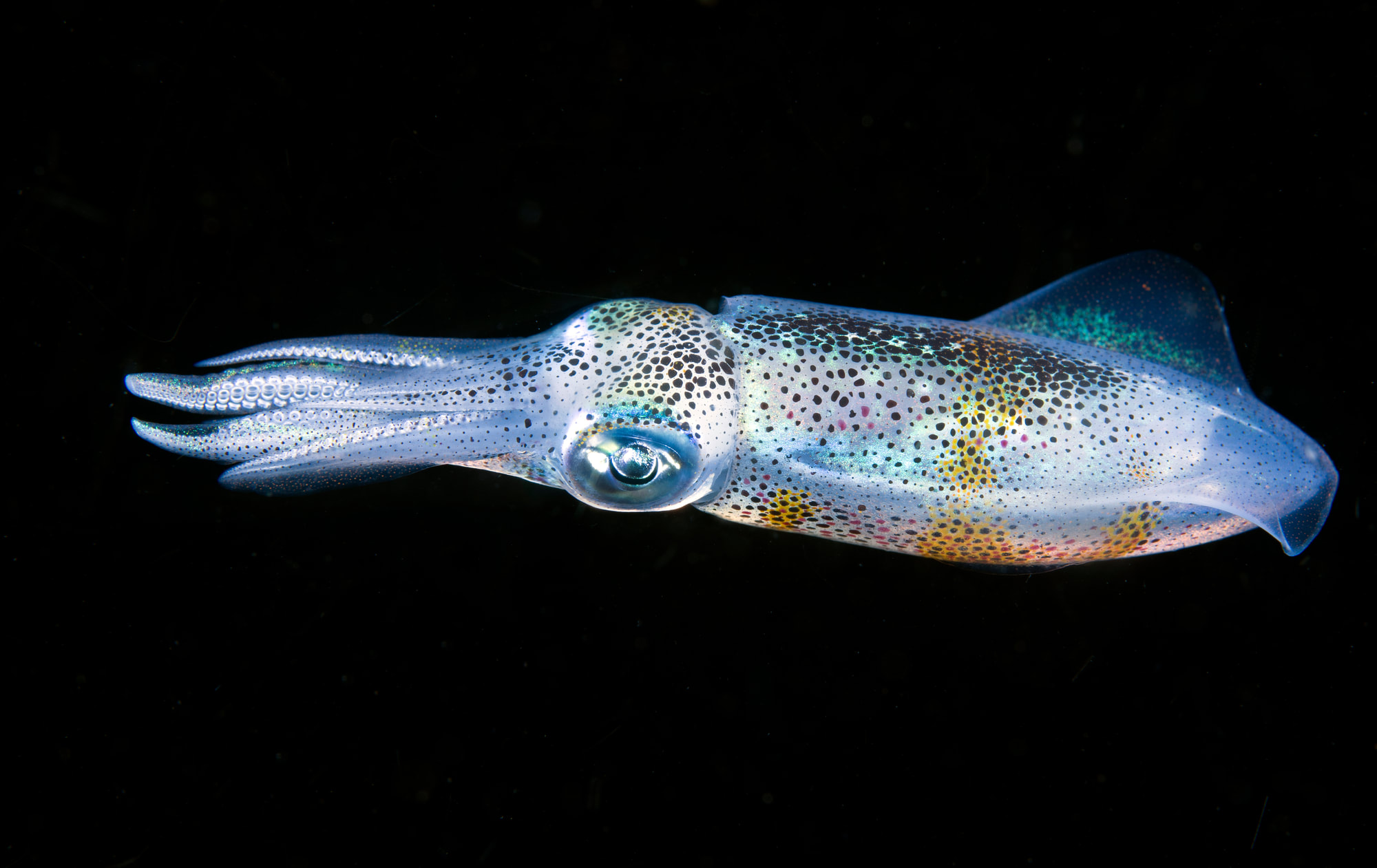Aquarium Diver
Aquarium divers play a vital role in maintaining the health, cleanliness, and functionality of aquariums, as well as providing educational and interactive experiences for visitors.
Their work often involves diving in large tanks to care for aquatic animals, perform maintenance, and assist in research and visitor engagement.

Here are some common types of jobs aquarium divers undertake:
Animal Care and Maintenance
-
Feeding and Nutrition: Hand-feeding animals, such as turtles, rays, and large fish, to ensure proper nutrition.
-
Health Monitoring: Observing the behavior and physical condition of aquatic animals to identify signs of illness or stress.
-
Animal Training: Assisting with behavioral enrichment or training programs, such as conditioning animals for medical exams or public interactions.
Tank and Habitat Maintenance
-
Cleaning: Removing algae, debris, and biofouling from tank walls, decorations, and equipment.
-
Plant Care: Maintaining live aquatic plants in tanks and ensuring their health.
-
Water Quality Management: Assisting in the testing of water conditions and maintaining life-support systems, such as filtration and aeration equipment.
Public Engagement and Shows
-
Educational Dive Shows: Performing interactive dive shows to educate visitors about marine life, conservation, and the aquarium's mission.
-
Feeding Demonstrations: Conducting live feedings while interacting with audiences to highlight animal behaviors.
-
Underwater Performances: Participating in themed or seasonal events, such as mermaid or holiday-themed dives.
Exhibit Installation and Repair
-
Decor Setup: Installing or rearranging habitats to mimic natural environments for the animals.
-
Structural Repairs: Inspecting and repairing tanks, seals, and underwater infrastructure to ensure safety and integrity.
Animal Collection and Transport
-
Specimen Collection: Assisting with the collection of animals from the wild (where legally permitted) or preparing animals for transfer between facilities.
-
Tagging and Identification: Helping researchers tag or track aquatic species in the aquarium's care.
Conservation and Research
-
Research Diving: Supporting research on marine species, habitats, and conservation projects associated with the aquarium.
-
Breeding Programs: Assisting with the care and monitoring of species involved in captive breeding efforts.
Emergency Response
-
Rescue Operations: Handling injured or distressed animals within the tanks or exhibits.
-
Water Hazards: Addressing leaks, equipment malfunctions, or other emergencies requiring underwater intervention.
Behind-the-Scenes Assistance
-
Volunteer or Intern Training: Supervising volunteer divers or interns in cleaning and maintenance tasks.
-
Diving Safety Management: Ensuring all dives are conducted safely, with proper planning and adherence to safety protocols.

Qualifications and Certifications Aquarium divers typically need:
-
Diving Certification: Advanced scuba certifications, often with experience in rescue diving or technical diving.
-
Animal Handling Skills: Training in safely interacting with various marine species.
-
Physical Fitness: The ability to dive frequently and perform strenuous underwater tasks.
-
Knowledge of Marine Biology: A solid understanding of marine ecosystems, animal behavior, and conservation principles.
Aquarium diving is a rewarding career for those passionate about marine life and conservation, offering a blend of hands-on animal care, educational outreach, and technical diving.

